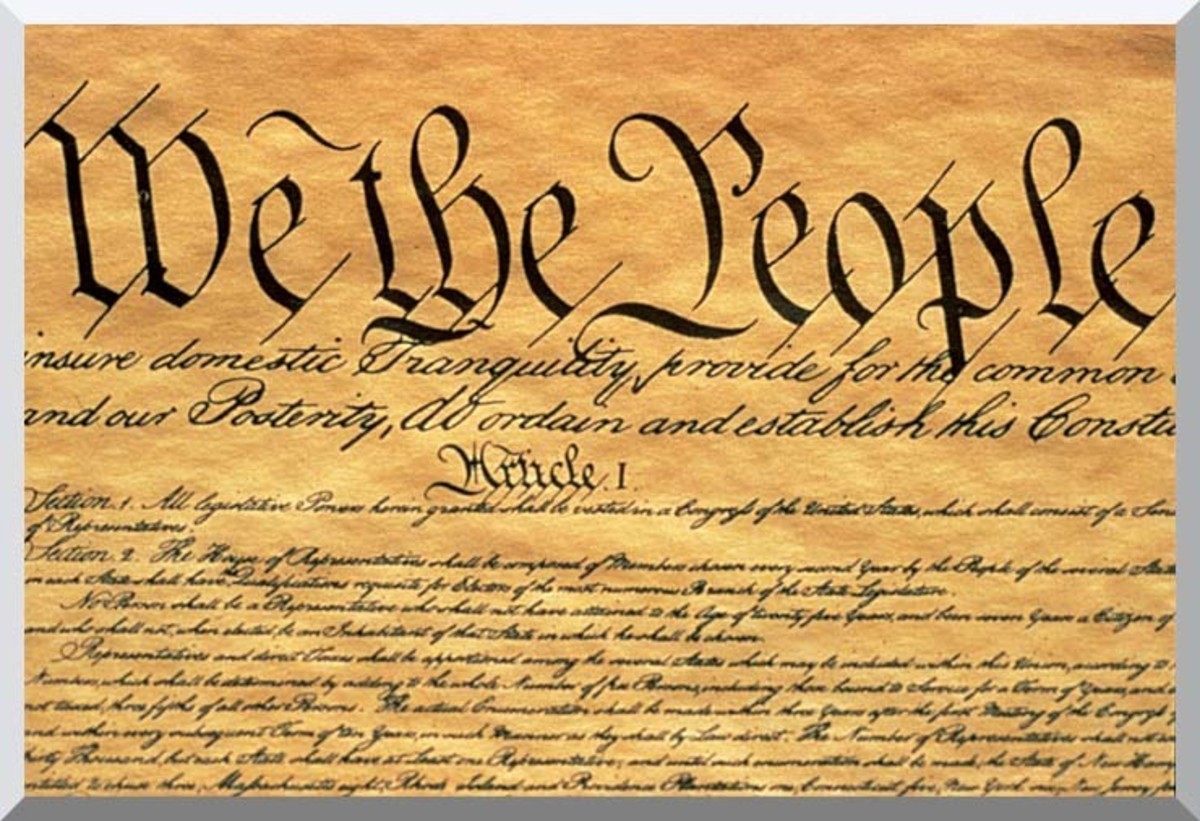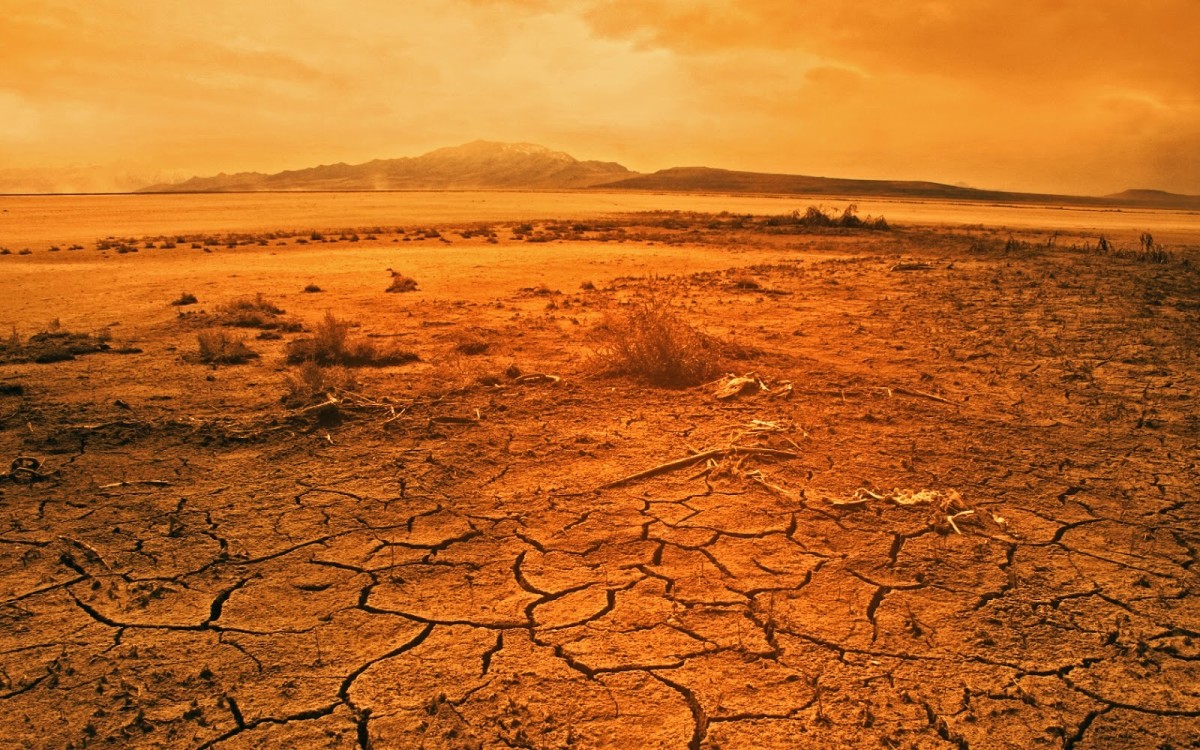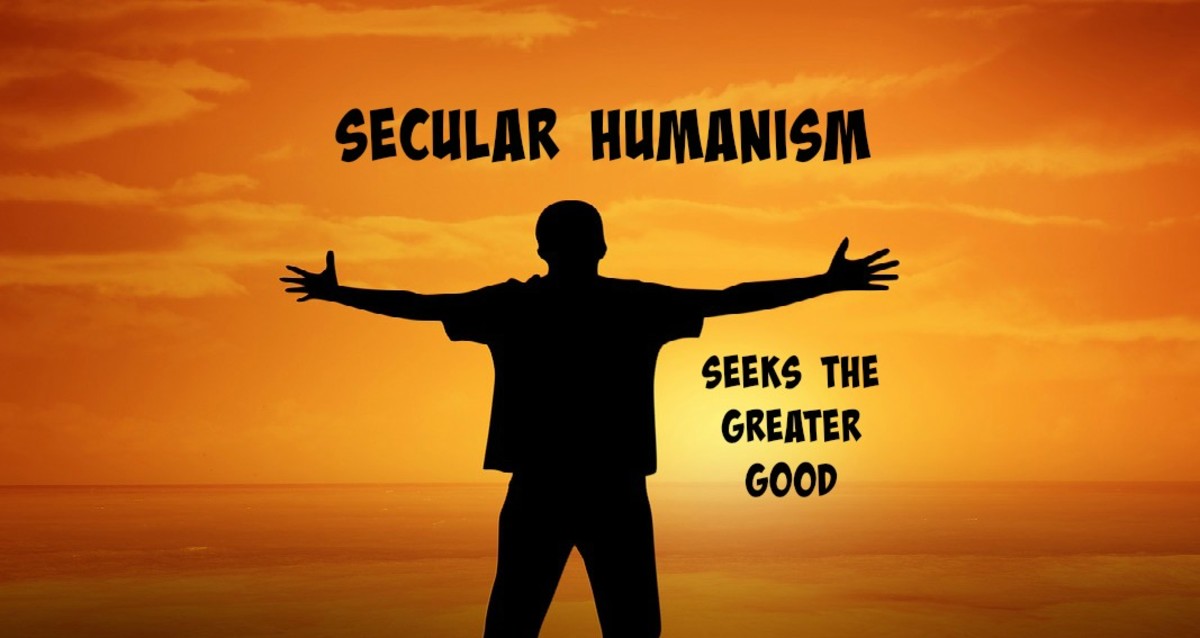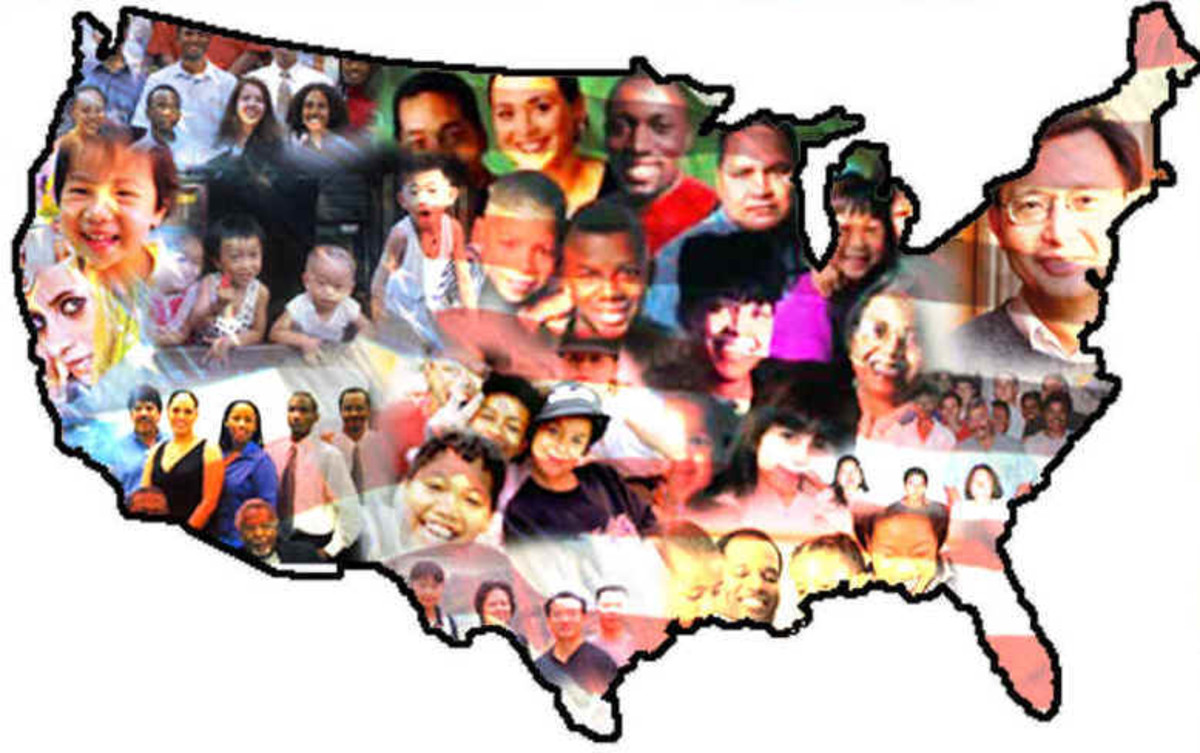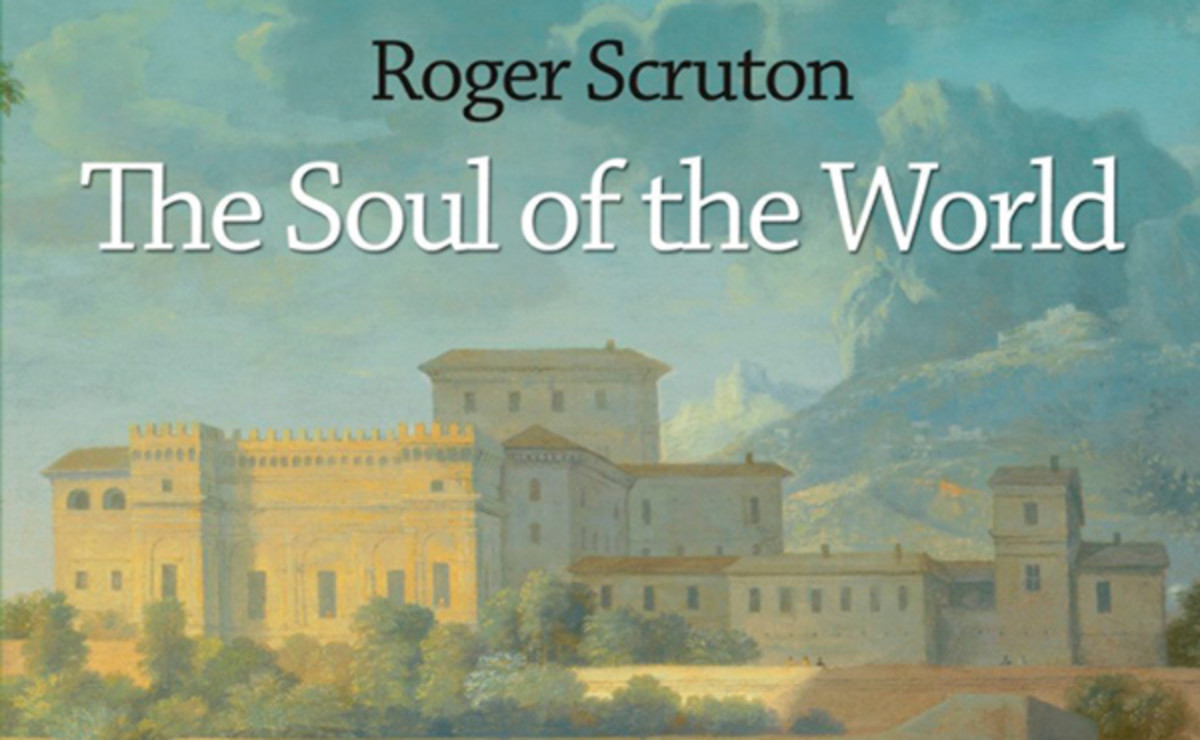Nonbeliever Nation; The Rise of Secular Americans, by David Niose
David Niose and Nonbeliever Nation

The president of the American Humanist Association brings the struggle between the Religious Right and Secular Americans to light with Nonbeliever Nation.
David Niose is an attorney representing Secular Americans, president of the American Humanist Association and vice president of the Secular Coalition of America. His 2012 release, Nonbeliever Nation, while geared towards atheists and secular Americans such as him, is the type of book that can be educational and informational to anyone, despite their beliefs or religious preferences.
Mr. Niose begins the book by describing who secularists are and what the term defines. He explains the differences between agnostics, atheists, humanists, and secularists. He also describes how secularists of all kinds have been undervalued in politics and public opinion, and are now rising to prominence because of "coming out," not unlike the men and women who "came out" to make the LGBT+ movement so successful in the 1960's and 70's.
Mr. Niose brings to light the fact that atheism and secularism are the greatest growing demographic in the category of religious preference. He also goes into great detail describing the rise of the Religious Right and how its members came into prominence during the Carter administration. He points out the fact that the Founding Fathers, including Thomas Jefferson and James Madison, never put God in any context in the US Constitution, and that said document necessitates the separation of church and state.
Since Donald Trump was elected into office and took the oath earlier this year, the hypothetical battle between evangelical Christians and secularists has become even more prominent in the public eye. Mr. Niose's book is more relevant now than ever before.
Whether an atheist, a devoted Christian, or follower of another religion, or not devoted to any beliefs and religions, I highly recommend Nonbeliever Nation as a book detailing the rise of secularism and its forthcoming prominence in the world of religion, politics, and public policy.


